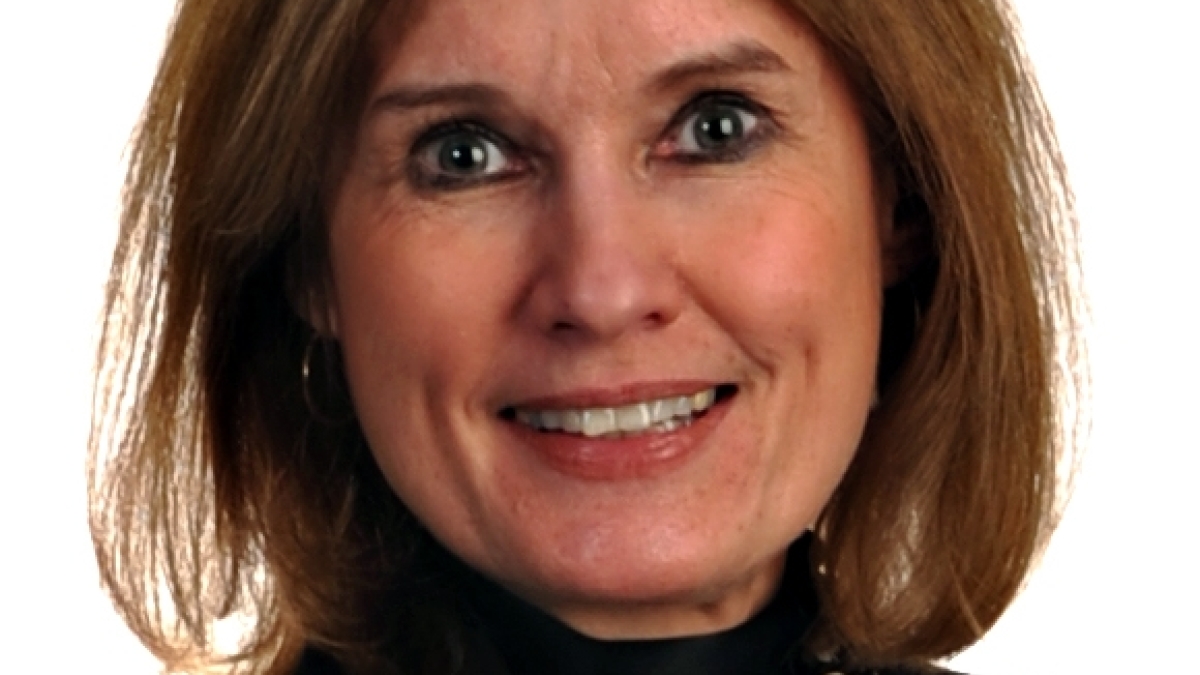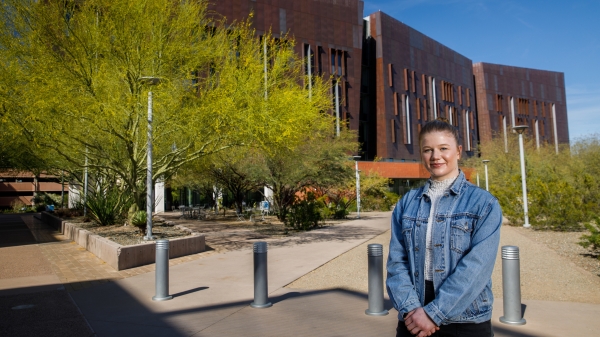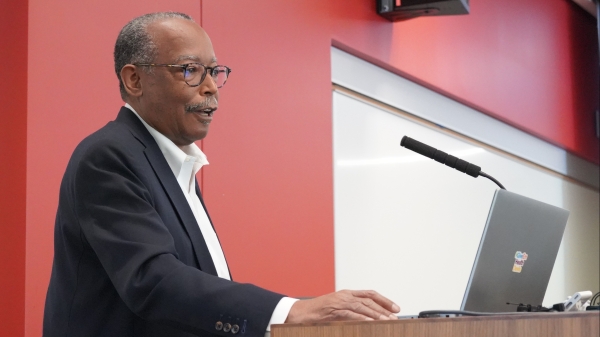How parents can recognize child’s mental illness in time to get help

Marjorie L. Baldwin, a health economist at the W. P. Carey School of Business and director of the Public Health Program in the College of Health Solutions at Arizona State University.
This is National Children’s Mental Health Awareness Week, and Marjorie L. Baldwin, a health economist at the W. P. Carey School of Business at Arizona State University and director of the Public Health Program in the College of Health Solutions, offered insights from her book, "Beyond Schizophrenia: Living and Working with a Serious Mental Illness," about raising her son, who was diagnosed with schizophrenia in 1999. She provides tips for early diagnosis and better treatment outcomes.
Question: How can parents recognize early symptoms of schizophrenia in their children?
Answer: The early symptoms are easy to miss, because they are similar to the behavior patterns we have come to associate with drug abuse or other mental illnesses. In my son, I observed changes in conduct that included unexpected outbursts of anger, excessive energy and risk-taking, odd and sometimes embarrassing behavior. Perhaps the most telling sign was disorganized, disconnected speech that made no logical sense.
Q: How can it best be diagnosed, and what should the first steps be upon diagnosis?
A: Schizophrenia is best diagnosed by a psychiatrist who has training and experience dealing with serious mental illness. Often this occurs, as it did for me, in a hospital emergency room where the patient has arrived because his or her behavior has become so bizarre. First steps: Get your child into treatment — the sooner treatment begins, the better the chances for recovery. Educate yourself about the illness — it is important to know the facts to counter the stereotypes. Get support for yourself — the National Alliance for Mental Illness is an excellent resource.
Q: What prompted you to write a book about schizophrenia? Can you summarize the core focus of the book?
A: I was in the unique position of being a health economist whose research focuses on discrimination against workers with disabilities, and the parent of a son who had schizophrenia — one of the most stigmatized of all health conditions. The book combines my personal story with state-of-the-art research on the factors that contribute to recovery from a serious mental illness, including: the mental-health system, the family, and the opportunity for meaningful and rewarding employment.
Q: What has been the biggest challenge parenting your son, and what hope can you offer parents who may have a child who has been diagnosed with schizophrenia?
A: The biggest challenge has been to just keep going, to help my son put his life back together after the initial diagnosis, and again after each relapse into acute symptoms of psychosis. The book is meant to be a source of hope for patients and their families that they will be able to move beyond schizophrenia, and get on with their lives. The book is also meant as a challenge to our dysfunctional mental-health system — which has failed to provide appropriate care for people with serious mental illness, or adequate support for the families who care for them.
More Health and medicine

First exchange student for Biodesign Institute Europe bridges labs 5,000 miles apart
This spring semester, Grace Colley traveled to Arizona State University and became the first student to participate in the…

College of Health Solutions hosts visit from leading expert in genomic research
Some fortunate Arizona State University faculty, staff and students were able to gain valuable insights and perspective during a…

Indigenous ASU research team recommends assistance for tribal members still reeling from COVID-19’s effects
When Matt Ignacio’s tribe, the Tohono O’odham Nation, donated $1 million to Arizona State University to support COVID-19 research…